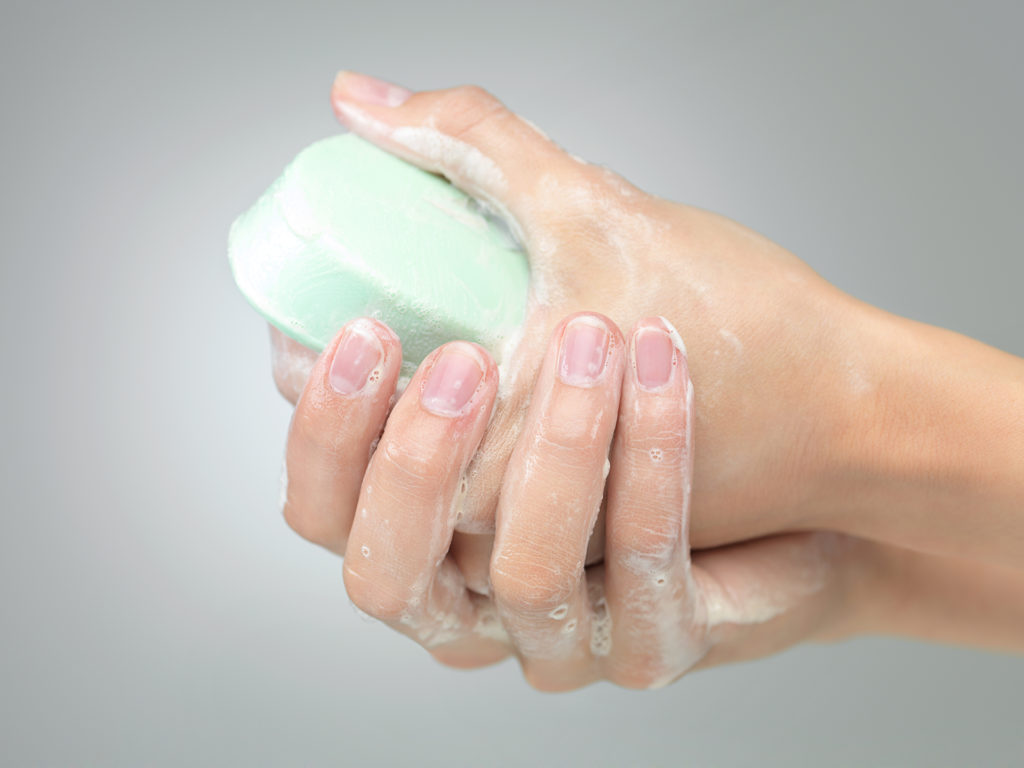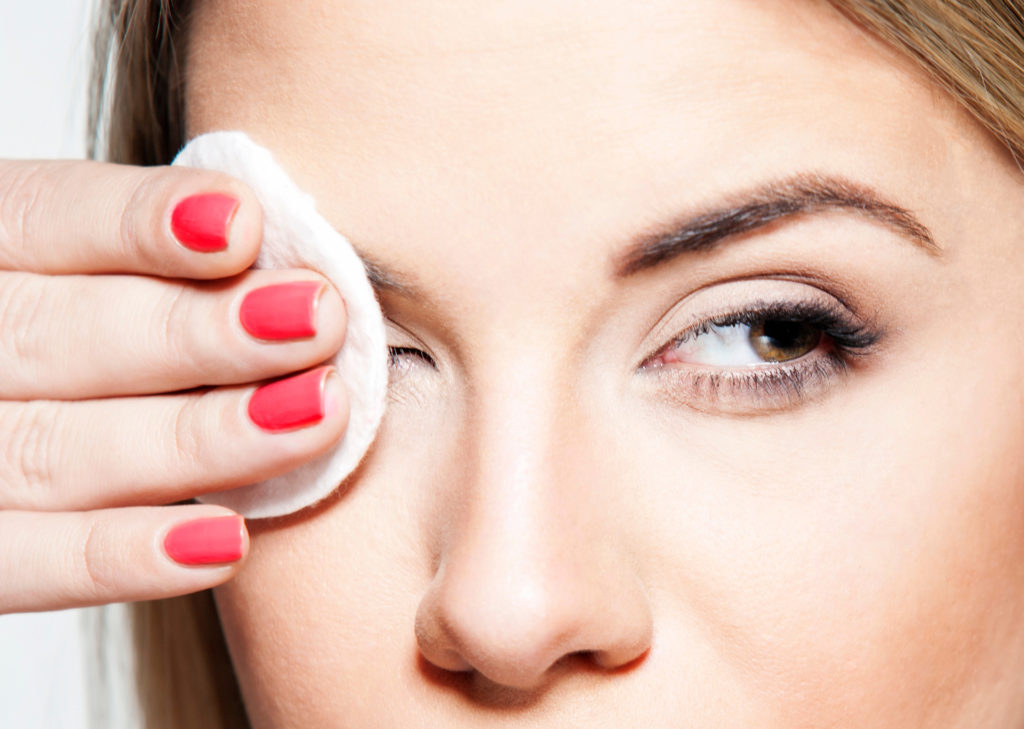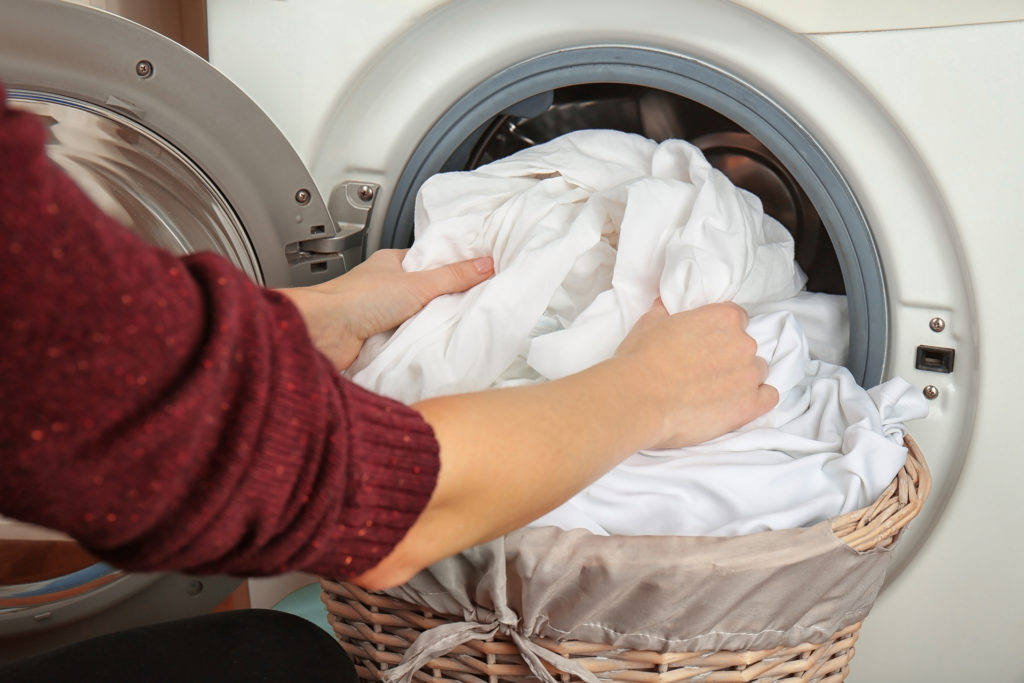How To Deal With Conjunctivitis

Conjunctivitis is a highly contagious medical condition that can affect anyone. It causes the eye to go red and often sticky and watery, which can be sore and uncomfortable for the sufferer. If left untreated, the condition can become worse and risks of infecting others increase. Here Royston Bayfield, from Bayfields Opticians and Audiologists, discusses the key symptoms of conjunctivitis and offers tips on how to treat it.
What is conjunctivitis?
Lasting anywhere between a few days and two weeks, conjunctivitis is a common infection causing inflammation of the conjunctiva, which is the tissue that lines the inside of the eyelid, and the membrane, which covers the whites of the eyeball to keep it moist. The condition can cause redness, itchiness and discharge in and around the eyes. Conjunctivitis thrives in lower temperatures and dry air, which is why we see a spike in cases and people searching for health advice in February.
Conjunctivitis is typically caught in one of two ways – a contagious virus passed by air, or a bacterial infection passed by skin contact. Both can transfer from one eye to the other, as well as between people.
Viral and bacterial conjunctivitis
Adults are especially prone to viral conjunctivitis if they have come into contact with someone who has been coughing, sneezing, or has a cold. Viral conjunctivitis is very contagious.
Bacterial conjunctivitis is most common amongst children and older people. You might catch it if you come into physical contact with somebody else suffering with it, wear infected contact lenses, touch your eyes with unwashed hands, or use contaminated eye make-up or cosmetics. Most children will suffer from bacterial conjunctivitis at least once while they are growing up.
Symptoms of conjunctivitis
According to Royston Bayfield from Bayfields Opticians and Audiologists, one of the most common symptoms of conjunctivitis is red eyes, but you might also suffer from:
- Itchy, bloodshot eyes
- A hot or ‘gritty’ feeling to your eyeballs
- Sticky eyelids and eyelashes
- Watery eyes
- Discharge from the eye lining, either clear or yellow
- Flu symptoms, particularly if you’re suffering from viral conjunctivitis
Royston advises: “Parents or grandparents of young children at nursery or school probably know all too well how contagious conjunctivitis can be, so it’s important to take as many steps as possible to prevent this common infection spreading.
“You can start by treating conjunctivitis easily yourself at home using cooled boiled water and clean cotton wool pads to gently clean eyelashes and around the eye. Make sure you dispose of the cotton wool immediately so no one else comes into contact with it. Repeat this process three or four times a day, until the infection clears. If your eyes feel hot and irritated during this time, hold a cool flannel against them.
“If you wear contact lenses, avoid them until your eyes are better and throw away any soft contact lenses that had been worn just before or when your symptoms first occurred. Make sure everyone in your home washes their hands regularly with warm, soapy water, and clean all materials you come into close contact with – pillows, bed sheets, towels and face cloths – in hot water and detergent.
“Conjunctivitis should hopefully clear up by itself after a week or two and it doesn’t tend to cause long-term damage. However, if your symptoms continue after this time or you experience any additional problems such as blurred vision, seeing spots, sensitivity to light, or pain, you should get medical advice as soon as possible. You might need to be prescribed an antibiotic eye drop, or you might need reassurance from an optician who can check your eye health and vision to make sure the symptoms aren’t the cause of something more serious.”
For more information about eye conditions, including conjunctivitis, visit: www.bayfieldsopticians.com/eye-tests/eye-care/eye-conditions/









